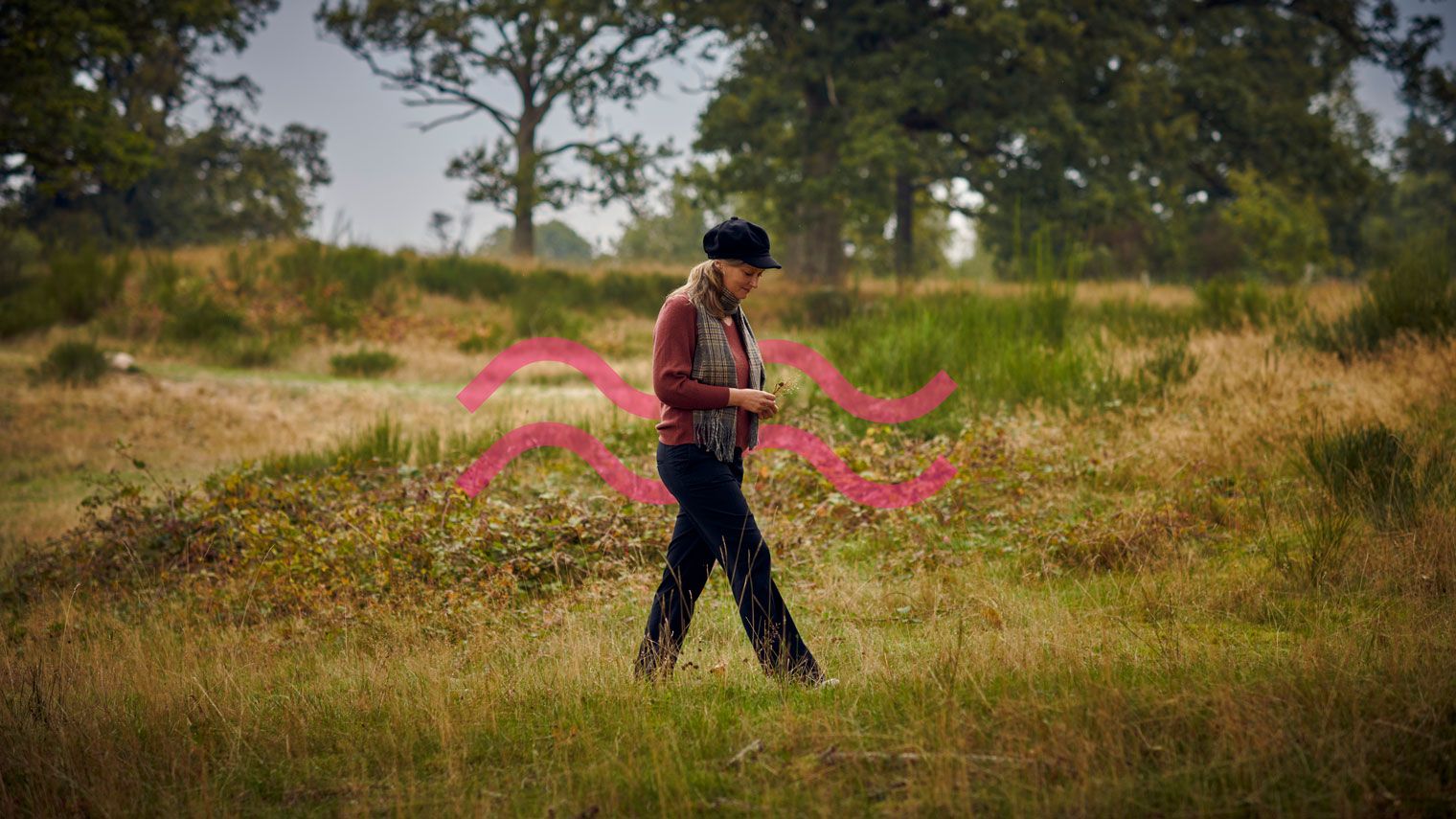How I Managed Breast Cancer Fatigue: Tips and Tricks for Maintaining Your Energy
October 31, 2023
Content created for the Bezzy community and sponsored by our partners. Learn More

1427989632 Photography by Westersoe/Getty Images
If you’ve ever dragged your feet by noon on a workday, or been exhausted when it comes time to cook dinner, then you may have some experience with fatigue.
With cancer, fatigue can seem magnified and leave you unable to cope with daily tasks. It often leads to a lack of ability to work or to function within normal daily parameters.
When going through cancer treatment, I dealt with fatigue to a level I had never experienced before. In response, I took it upon myself to try and do everything I could to withstand my urge to sleep by following a few guidelines.
I’ve put together a list of things to help combat the effects of daily fatigue, but ultimately it’s up to your body if they work or not for you.


Tools for fighting back against fatigue
There were still many days where chemotherapy was too strong and my side effects were so aggressive that I had no choice but to succumb to long stretches of resting.
Still, I lived a relatively normal life the best I could with these helpful tools.
Bedtime routine
Oddly enough, the most helpful tool for me was sleep. That may seem counterintuitive, but the body and brain function better when they’re well-rested.
Sleep has been proven to play a vital role in developing and supporting healthy brain function. According to the National Heart, Lung, and Blood Institute, getting inadequate nightly rest over time can increase the risk of chronic illness and affect how well your daily brain function works.
Proper nightly sleep for me was the key to not sleeping when I needed to “function” at a normal level. I found that creating a bedtime routine helped me avoid late-night movie marathons and the need for naps during the day.
Staying hydrated
Along with the need for proper sleep, the body needs to be properly hydrated. As a child, I remember being told that humans needed to drink a gallon of water a day to live.
I was astounded as an adult to find out that that statement wasn’t entirely accurate. As a 33-year-old female at the time of chemotherapy, I was not drinking a gallon of water a day, but I did strive to drink a minimum of eight, 8-ounce glasses each day.
Among many other amazing things, water brings nutrients to your cells, helps with body temperature regulation, and can drastically affect energy levels and brain function, according to the NIH.
If you’re averse to drinking water or are just not in the habit of doing so, try to make a chart and place it in a spot you see often. I tried to make drinking water a convenience for me and found it easiest to keep a well-insulated travel cup with me at all times.
I bought water flavor enhancers that tasted like lemon or watermelon to help entice me to drink more often. As a result, I recognized a steady decline in fatigue, and my overall daily energy levels improved.
I also noticed many of the side effects I suffered from, like migraine episodes, were reduced. I may not be drinking a gallon of water a day, but I’m certainly trying.
Light exercise
After staying hydrated and sleeping properly, exercise was my next best secret weapon.
During chemotherapy, the cocktails put in your body tend to kill new cell growth, and the body can become run down. I found that going to a gym and lifting weights felt nearly impossible.
What was not impossible for me was to walk outside.
I found that fresh air and exercise did wonders for not only my fatigue but also improved my mental well-being. I started small, going just short distances down my street and back. Eventually, I was able to walk several miles when I had great days.
Exercise has been proven to increase oxygen circulation in the body, increase energy efficiency, and enhance bodily functions. If starting a walking routine doesn’t work for you, try bodyweight-only exercises that can be found on any fitness app or YouTube.
I chose to use the FITONOMY app throughout treatment and have kept it up ever since.
Other ideas
There will never be a one-size-fits-all cure for fatigue, but proper nightly sleep, proper hydration, and light exercise helped me immensely in my day-to-day fight against flagging.
There are lists of things in medical journals available that include things like reducing stress, eating smaller meals more regularly to boost blood sugar, drinking less alcohol, and cutting out caffeine to avoid the “crash,” but what works for one person may not work for the next.
Start small and add slight changes to see what works for you. Always remember that treatment is hard on the body, and sometimes truly good sleep is necessary for proper healing.
Takeaway
If you find you’re unable to shake your daily fatigue, make sure to speak with your doctor or oncologist and see if they recommend something different for you.
Remember: needing rest should never be seen as weak.
Only you know what your body needs, and sometimes we just need to listen.
Medically reviewed on October 31, 2023
3 Sources


Like the story? React, bookmark, or share below:
Have thoughts or suggestions about this article? Email us at article-feedback@bezzy.com.
About the author